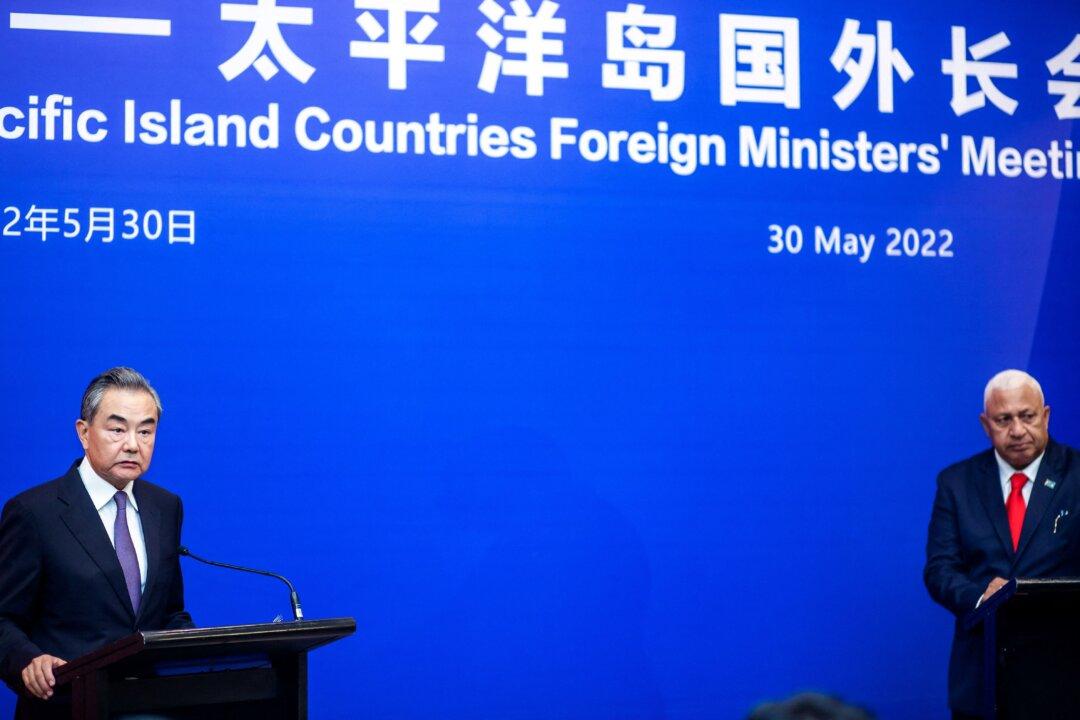As democratic leaders continue working to shore up alliances with Pacific leaders, one expert has warned leaders that Beijing is already well advanced in fomenting corruption and eroding democratic institutions in the region.
Cleo Paskal, senior fellow for the Indo-Pacific at the Foundation for Defense of Democracies, said foreign officials need to cast off well-worn bureaucratic procedures to counteract Beijing’s “entropic warfare.”





